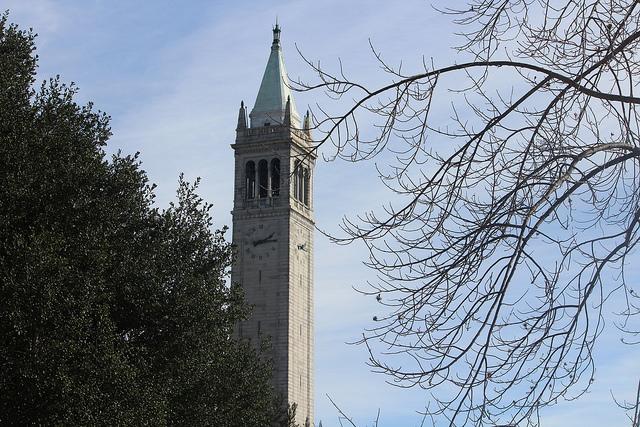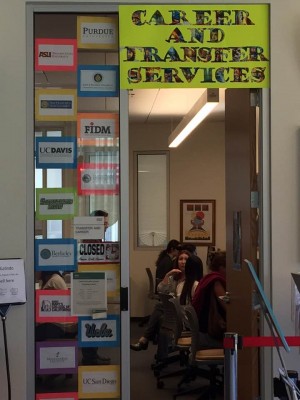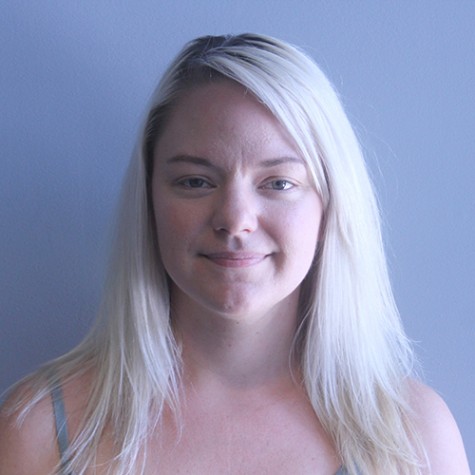UC budget cuts may affect prospective transfers
The Campanelli clock tower looks out at the UC Berkeley campus.
February 23, 2016
University of California Berkeley is facing a $150 million budget deficit. For Diablo Valley College, which transfers more students into the third year bachelor degree program at UC Berkeley than any other community college in the US, these budget cuts could be sending potential Cal bears into a frenzy.
In the 1980’s the state supported nearly half of UC Berkeley’s budget. This funding was scaled back by 60 percent in 2000, causing the campus to lose almost $200 million in state subsidized funds.
State support increased to $333 million in 2015, but that’s still only 13 percent of UC Berkeley’s entire budget.
Thirty percent of UC Berkeley’s campus revenue is dependent on tuition. Undergrad tuition rates have remained stagnant for the past five years, thanks to the Governor’s Plan, Gov. Jerry Brown’s financial initiative for the UC system, and will not rise again until 2017.
One of the major reasons for the deficit highlighted in UC Berkeley’s Financial Data Document was the rise in health care costs and employee benefits. UC Berkeley had to pay $200 million in employee pension contributions from 2007 to 2015.
Interestingly enough, Berkeley holds the record for oldest UC campus, and it just so happens it’s in a “seismically volatile region,” due to the Hayward fault, which runs through campus. Over the past decade Berkeley has invested $2.1 billion into academic and residential facilities. Nearly 60 percent of which was used for earthquake retrofitting.
The $150 million deficit can be managed for now, but some serious changes need to be made to ensure the future of the school.
According to UC Berkeley’s Chancellor’s message to the UC Berkeley Campus, this could result in “reexaminations in all discretionary expenditures, including athletics.” However, the exact details of what could possibly be affected have not yet been disclosed.
According to DVC transfer counselor, Rob Peter, schools have a pretty good idea of how many students they are going to let in each year over the span of the next few years, but there is still uncertainty. “I don’t know it would immediately affect the number of heads or bodies they would be taking.”
The DVC transfer center coordinator, Tina Jung Wade, a former UCB employee herself, reinforced the air of uncertainty, “It’s too early to tell how it will pan out. It may impact student services, but I don’t know how, they don’t even know at Berkeley.”












































































